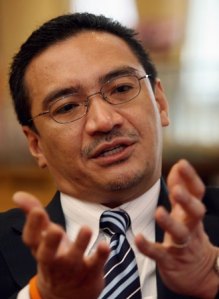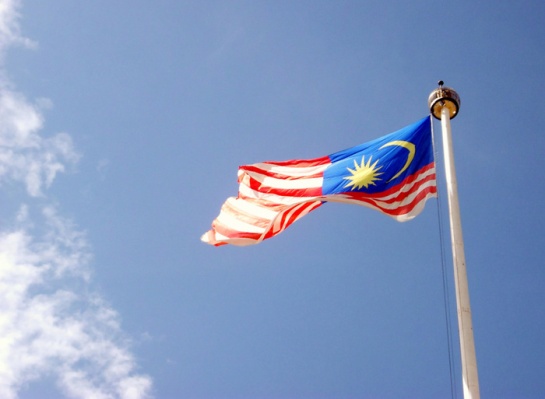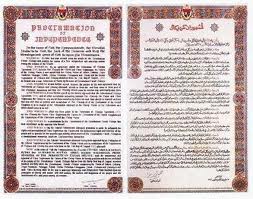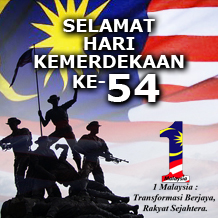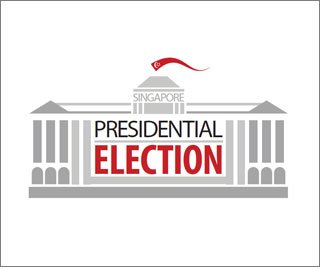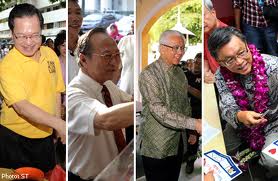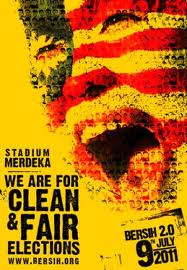August 31, 2011
PROTON: “Melayu-developed car of pride”(?)
by Dr.KJ John@http://www.malaysiakini.com
Aug 30, 11
2:10pm
 Ahmad Talib is a mainstream media personality having served as the former managing editor of the NST. I first met him when I gave a lecture at the Ministry of Information about the National IT Agenda.
Ahmad Talib is a mainstream media personality having served as the former managing editor of the NST. I first met him when I gave a lecture at the Ministry of Information about the National IT Agenda.
Ahmad Talib wrote a recent column where he talked about a conversation he had with Proton CEO Syed Zainal about the story of a Proton taxi-cab which Syed Zainal took from KLIA to go home.
During the trip, twice the taxi driver did not open the power windows to pay his toll but instead opened the entire door. When asked why, the driver complained that he was told that if he used the power window too often, it could easily get spoilt. Therefore, he chose to do it the more difficult way.
Syed Zainal, as reported by Ahmad Talib in his column, told the driver who he was and requested that he continue to use the power window instead and that he would personally get it repaired if it really got spoilt. The Proton CEO even gave his card but to date he had not heard from the taxi driver.
Maybe the advice worked, but in the mean time, Ahmad Talib has since reported that many other Proton owners called to confirm the hypothesis of the taxi driver, based on their own experience.
N ow, what is the real problem here? I once had the privilege of visiting Tengku Mahaleel Tengku Ariff in his office when he was CEO of Proton. At a briefing he gave us, he informed the group of visitors from Mimos Berhad that the real problem with Proton was that inadvertently it was positioned and marketed from the beginning as “a people’s car”.
ow, what is the real problem here? I once had the privilege of visiting Tengku Mahaleel Tengku Ariff in his office when he was CEO of Proton. At a briefing he gave us, he informed the group of visitors from Mimos Berhad that the real problem with Proton was that inadvertently it was positioned and marketed from the beginning as “a people’s car”.
Therefore, Proton was never really able with that brand reputation to reposition its image to compete with the imported versions of other saloons or others of an equal class and quality.
My take on this issue is however somewhat different. My view is that Proton was postured and positioned originally as a national car but over time, with many decisions and many related supplier-vendor crony relationships and concerns, the same car has been redefined as a matter of a “Melayu-developed car of pride” but no more as a Malaysian people’s car.
In fact, today, even the definition of what is a national car, I believe, has now been revised to suit this identity crisis. Today, if I am not mistaken, even an ordinary distributor of cars and marketer of foreign-made cars is even classified as a “maker of national cars”.
Crony interests among suppliers
 I remember vividly the day Proton was revealed. Dr Mahathir Mohamad (TDM) had sold it to the nation as a matter of national pride and part and parcel of his pet Bangsa Malaysia agenda.
I remember vividly the day Proton was revealed. Dr Mahathir Mohamad (TDM) had sold it to the nation as a matter of national pride and part and parcel of his pet Bangsa Malaysia agenda.
I did participate with pride in wanting to visit a showroom and see the car for myself. TDM had promised it would be delivered within two years. I even touched and pounded on it to feel the car and see if was made from “Milo and Ovaltine cans”.
But, sadly when real production began in Malaysia, market competitiveness took a back seat as “cronies of the mainstream agenda got the contracts to become vendors and suppliers.”
I speak with sincerity and no malice to anyone. I was faced with some real life cases when I tried to help a good friend from the Sikh community who was already in the curtain tape business and had secured an Australian supplier who could support the development of Proton’s safety belt development at very reasonable costs.
 My friend’s family had been in this business for many years.
My friend’s family had been in this business for many years.
But, with many crony interests and other small but petty considerations, my friend had to finally give up after a few years of waiting and trying to become a Proton supplier.
With many ‘bad decisions’ like these, slowly but surely, the entire Proton supplier-vendor network in Malaysia may today come from only one community.
Therefore, my reflective question today for all readers is: Is Proton a still a Malaysian car or has it become a psychological symbol to project a Ketuanan Melayu identity?
The same can be asked of Malaysian batik. There was a time in public service when we would be frowned upon if we did not wear authentic Malaysian batik and instead wore Indonesian batik.
Today, I do not drive a Proton but I love Malaysian batik but do not really care whether someone wears Indonesian or Japanese batik. As long as our batik designers make excellent quality of Malaysian batik, I will pay for and wear them.
In my previous two columns, I have raised a similar identity crisis issue in different ways. For one of them, I received a lot of negative and emotional feedback from writers who could not understand or appreciate the need for a concept of nationality. Distinguished Prof AB Shamsul argues, “we are still not yet a nationality but only a state”.
Only one class of citizens
My question to all citizens and Proton, the corporate entity – when are we all ever going to become first-class citizens of the nation-state called Malaysia?
Can we really expect Lee Chong Wei to win the Olympic gold for badminton when there are those who say, “why bother to watch the finals of the badminton, because whether they are Indonesian, or Malaysian, or from China, these are all only Chinese players”. We have to see things beyond race and ethnicity for quality and excellence to be nurtured.
When are we really going to grow up and become proud to be Malaysian, whether Indian, Chinese or Malay or Kadazan or Iban? Or even not care, whether we were originally Javanese, Malayalee, or Cantonese, or Orang Sungai, or Orang Laut, or Orang Asal?
Come on Malaysia, we need to decide who we are and what we want to make out of life, while we make ends meet in this country of ours.
My argument, first made at the Perdana Leadership Talks, was that we all have multiple identities but we are all Malaysians first and foremost. If someone claims he is not, we should ask him to shape up or ship out.
Secondly, we all have a heritage of faith, which defines our worldview. That we cannot deny and this defines our belief systems. Thirdly, we all have an ethnic heritage which defines our culture, a mother tongue and our taste-buds.
Fourthly, we all have a personality. Some are extroverts and others introverts. Some are judgmental and others are feelings driven. Depending on which personality profile instrument you use, you can still learn some very interesting things about yourself and about others. Finally, from my dignity thesis, and the nature of human nature, we get the fact that we all have a human conscience.
Therefore, I dare say this: no one can convert me or force me to do anything that I would not want to do willingly. In the literature this is called free will. All humans have free will. That does not take away the sovereignty of God or what can be called God’s Will. God exists at a different paradigm level and too often we cannot know or understand God because we reduce Him to our level of thinking.
Let God remain God and man stay man. A pot cannot question the potter. What we truly and actually need is to understand who we are and what our purpose in this life is. Once that is clear, then we can move on with the business of living our short life for the glory of our Creator. Our identity cannot be shaken or disturbed only because some called us names or even called us the wrong names.
My take is that if you are an anak Bangsa Malaysia, then you are a first-class Malaysian and no one – yes, no one, and not even the government – can deny you that right, unless you wilfully do something wrong.
May God Bless Malaysia and Selamat Hari Raya to all Malaysians.
Dr. KJ JOHN, who has a PhD from The George Washington University, was in public service for 29 years. He is now dean of the Faculty of Economics and Policy Science at UCSI University, Malaysia. The views expressed here are personal views of the writer and not those of the university or any other institution he is involved with. Please write to the columnist at kjjohn@ohmsi.net, if you have any feedback or views.

